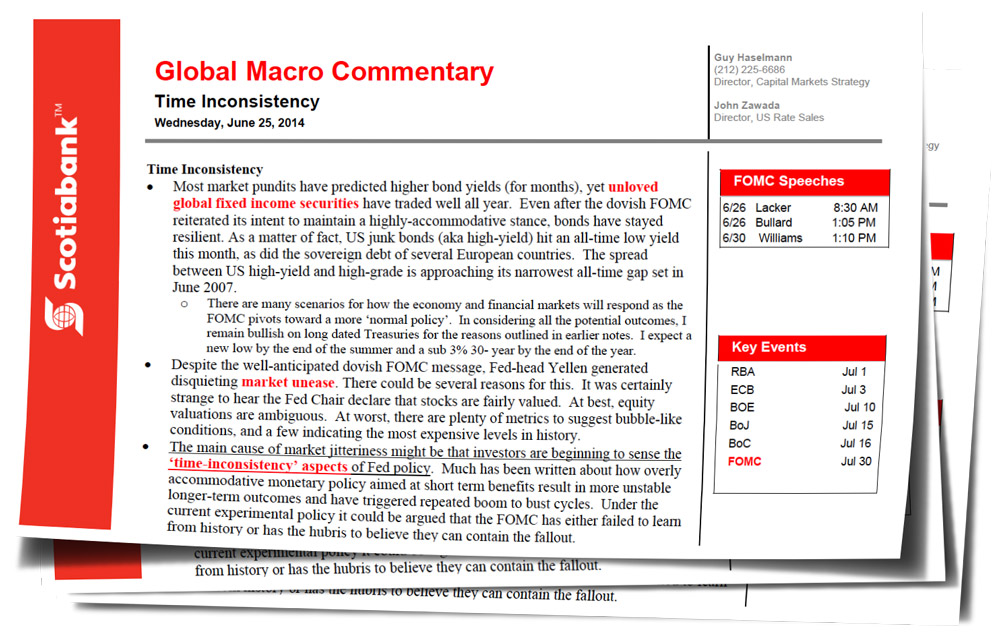17 months ago I wrote a post How to Become Super-Rich? Now, many of my articles are timeless — they will still have value 10 years from now. I like to write for the long-run. Teaching basic principles is what this blog is about.
The surprise for me is that article is the most popular one at my blog. That says something about the desires of mankind. Now, if you do want a chance to become super-rich, you create your own company, and focus your efforts on it exclusively. Diversification is not a goal here. We are swinging for the fences here.
But just as in baseball the guys who swing for the fences to hit home runs, they also tend to strike out the most. The same is true of businessmen. Many start companies, put their all into it, and end up broke. Many end up with marginal businesses that give them a living, but not much more. A few prosper and become moderately wealthy. A tiny amount of them create a hugely profitable company that makes them super-rich.
Anyway, after I was cold-called by Militello Capital, I reviewed articles on the blog, including one called CRACK THE WEALTH CODE. I’ll quote the most relevant portion of the post:
According to Get Rich, Stay Rich, Pass It On: The Wealth-Accumulation Secrets of America’s Richest Families by Catherine McBreen and George Walper Jr, “Building up a nest egg with the equity in your home is a fine thing. But what distinguishes the model for getting rich, staying rich and passing it on is its emphasis on investing in current and future income-producing real estate”. Andrew Carnegie, the wealthiest man in America during the early 20th century, said that “90 percent of all millionaires become so through owning real estate.” If that’s not enough to peak your interest, consider this: “The major fortunes in America have been made in land”, coined by John D. Rockefeller. What does he know…..his net worth in today’s dollars is onlyaround $300 billion. Invest in areas you know. Real estate gives you the opportunity to visit and connect with your investment. When’s the last time you connected with your mutual fund?
Don’t forget about the second part of the winning combo: private companies. Open your eyes to entrepreneurial opportunities. McBreen and Walper advise that at least one-quarter of your investment dollars should be in enterprises that develop products and services or invent breakthrough technologies. In 10 things billionaires won’t tell you, number seven’s title, “We didn’t get rich investing in stocks”, hits the nail on the head. Billionaires like Steve Jobs, Bill Gates, and Mark Zuckerberg made their fortunes in start-ups, says Robert Klein, founder and president of Retirement Income Center, a retirement and income planning firm in Newport Beach, California. The article confirms that “you’re far more likely to become a billionaire in Silicon Valley than on Wall Street.”
In one sense, I agree with what they say. If you want to become super-rich, pursue one goal with your one company. Less than 1% will succeed. Maybe 5-10% will attain to being multi-millionaires. Most will muddle or fail.
Running your own business, including real estate investing, is not a magic ticket to riches. A lot depends on:
- Solving problems people didn’t know they had.
- The time period that you invest during — were financial conditions favorable for speculation?
- The ability to manage a large enterprise is an uncommon skill.
- The ability to be an entrepreneur is also not common. Most people don’t want to take that much risk.
- Discipline, hard effort, taking time away from family and friends.
There is a cost to trying to be super-rich, and most people die at that altar of greed. I suspect that most that succeed, did not aim to be super-rich, but pursued that task because they found it interesting. They were idealists who happened to be in business, and their ideals matched up with what would enable society to pursue its goals more effectively.
So does it make sense for average people to invest in private equity funds or private real estate funds because the wealthy ran their own companies and invested in commercial real estate?
No. First, remember that the super-wealthy were swinging for the fences. They were the rare success stories.
Second, note that those who invest in private equity funds or private real estate funds are diversifying. As such, they are seeking more certainty, and will not gain an abnormally large return.
Third, recognize the data bias. Those who succeed with private equity funds or private real estate funds, their data exists, while those who fail disappear.
There is no advantage to being public or private as a business. Private businesses can keep things secret, but public businesses have a lower cost of capital.
Conclusion
Just because the wealthy got that way by making big bets that most people lose, does not mean that average people should do that. Alternative investments like private equity funds or private real estate funds are not an automatic road to wealth, and are less transparent than their liquid alternatives on the stock exchanges.
Average people should avoid low probability bets — they tend to impoverish, with high probability.
PS — that said, I like commercial real estate as a diversifier, but it won’t make you rich.















